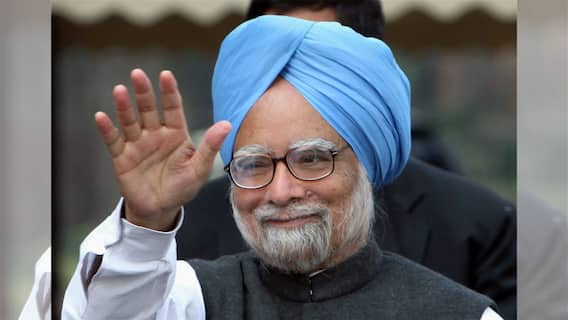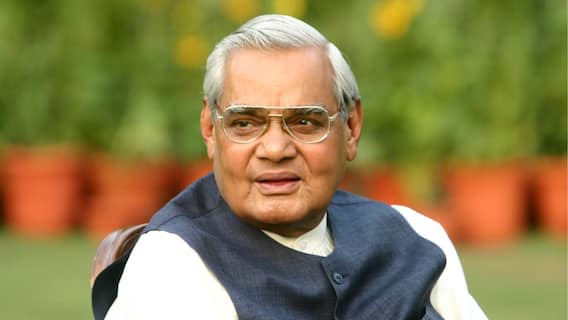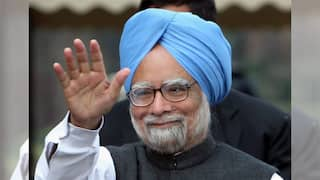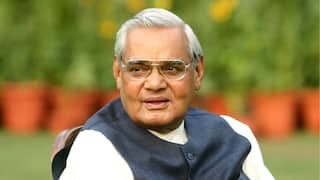ICC Introduces Stop Clock Trial To Regulate Time Between Overs In Men's ODI And T20I Cricket
ICC Stop Clock Trial. There is provision for a penalty if the team fails to be in a position to start the over within the stipulated time on more than two occasions.

The International Cricket Council (ICC) has announced the introduction of a trial stop clock to manage the time between overs in men's ODI and T20I cricket from December 2023 to April 2024. In recent times, the ICC has been proactive in refining cricket rules to improve fairness, safety and entertainment. These changes stem from thorough discussions and committee recommendations, spanning various game formats.
The newly implemented rule dictates that a clock will regulate the time taken between overs. If the bowling team fails to initiate the next over within 60 seconds of the previous one concluding, they face a 5-run penalty upon the third offence in an innings, as stated in the ICC's media release.
“The CEC agreed to introduce a stop clock on a trial basis in men’s ODI and T20I cricket from December 2023 to April 2024. The clock will be used to regulate the amount of time taken between overs. If the bowling team is not ready to bowl the next over within 60 seconds of the previous over being completed, a 5-run penalty will be imposed the third time it happens in an innings," read the statement in a media release issued by the ICC.
ICC Approves Changes To Pitch And Outfield Monitoring Regulations
The board also approved changes to pitch and outfield monitoring regulations.
“Changes to the pitch and outfield monitoring regulations were also approved, including a simplification of the criteria against which a pitch is assessed and increasing the threshold for when a venue could have its international status removed from five demerit points to six demerit points over a five-year period,” said the statement.
The governing body has also enforced a ban on transgender cricketers who were born as male at birth from engaging in women's international competitions globally.
"The new policy is based on the following principles (in order of priority), protection of the integrity of the women’s game, safety, fairness and inclusion, and this means any Male to Female participants who have been through any form of male puberty will not be eligible to participate in the international women’s game regardless of any surgery or gender reassignment treatment they may have undertaken," ICC's statement read.
Trending News
Top Headlines




































